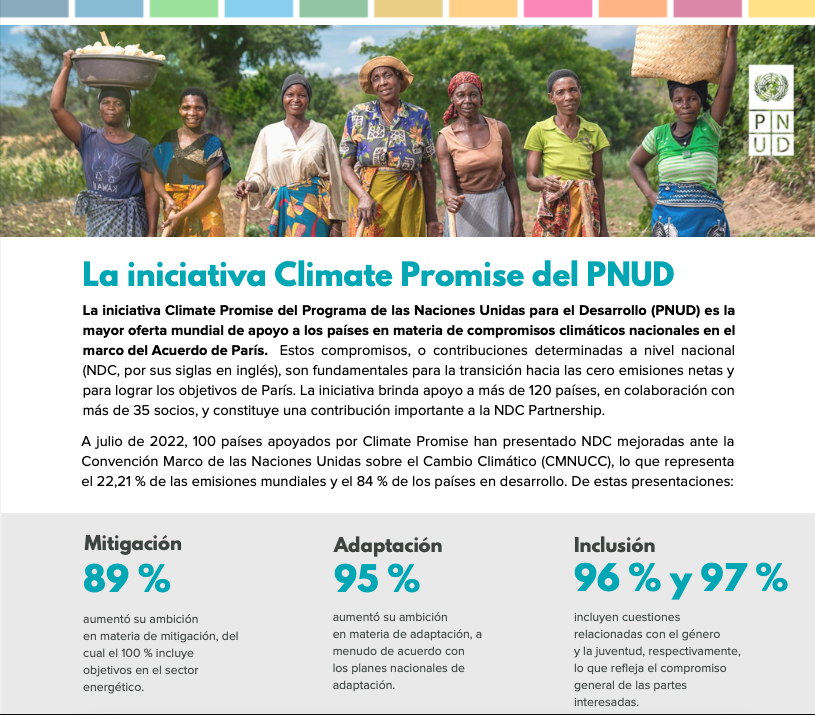Urban content of NDCs: Local climate action explored through in-depth country analyses
Cities are responsible for approximately 70 percent of global energy consumption and 60 percent of greenhouse gas emissions. As population growth rises in urban areas, cities are increasingly vulnerable to climate change, making them essential partners in achieving global climate targets.
Nationally Determined Contributions (NDCs) are the cornerstone of the Paris Agreement and are key policy instruments, defining adaptation and mitigation commitments. As such, it is vital that NDCs reflect urban climate challenges and solutions.
This report – jointly prepared by UNDP, UN-Habitat and the University of Southern Denmark, with support from Bloomberg Philanthropies and C40 Cities – analyses urban content in 194 NDCs. It provides analysis and guidance to policymakers and practitioners to: (i) facilitate better understanding of the urban focus in NDCs, (ii) highlight climate challenges and opportunities in cities, (iii) support countries to place cities at the center of their climate ambition, and (iv) provide unique climate data to inform policymaking.
Key findings include:
- 66 percent NDCs analysed contain either a moderate or strong level of urban content, indicating space for greater emphasis on urban priorities and solutions.
- Many NDCs (160) highlight the need for finance to facilitate NDC implementation at national levels, while only 26 include specific requests for finance at urban levels.
- The urban sectors most frequently referenced in NDCs are energy, transport and mobility, and waste for mitigation, and infrastructure and water for adaptation.
- Emphasis on climate hazards is indicated in 89 percent of NDCs; however, only 40 percent mention urban climate hazards.


